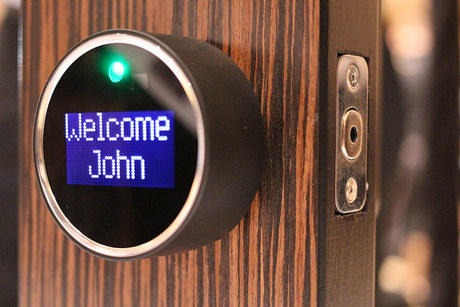IoT's $116bn potential in Australia could be squandered

The Internet of Things has the potential to contribute $116 billion to the Australian economy by 2025, but a lack of industry and government focus threatens to stand in the way of achieving this potential, new research shows.
A report from the Communications Alliance’s Internet of Things Think Tank warns that while Australia’s fundamental IoT capabilities are strong, the lack of focus risks denying Australia the opportunity to turn this into a competitive advantage.
The report, which was produced under a public-private partnership model, gives a series of 12 recommendations for regulatory and policy changes and industry initiatives to enable the IoT economy in Australia.
Some of the recommendations revolve around creating national policies, standards and models in areas including IoT data sharing, network and service security, as well as IoT start-ups.
Other recommendations include encouraging the use of IPv6 by default on all platforms and reviewing spectrum licensing policy with an eye to enabling new IoT business models.
The report singles out three Australian sectors that are in the best position to use the IoT to transform into global leaders — mining and resources, food and agribusiness, as well as transport and logistics.
“In terms of greatest need and potential efficiency impact smart cities and health comes out strongly. While there are opportunities for significant transformation in these sectors, governance complexity bedevils both, as well as the issues surrounding data privacy for health,” it states.
Key inhibitors of IoT success in Australia include a fragmented market, regulatory and policy inertia, privacy concerns, data silos, governance complexity, lack of ICT and data sciences skill, and a lack of low-cost connectivity for low bitrate services.
Speaking at the launch of the report, Minister for Major Projects Paul Fletcher said multi-stakeholder cooperation will be required to unlock the potential of the IoT in Australia.
“There are a whole host of issues we need to think about in Australia if we are to take full advantage of the IoT — such as the availability of spectrum for 5G, so that the 5G mobile network can be used to enable near instantaneous communication including between speeding vehicles,” he said.
Fletcher said IoT technologies could potentially be used to help Australian exports capture a larger share of the growing Asian market by setting national standards in industries such as wine, meat, cheese or fruit.
“Imagine if, by waving your smartphone in front of the Australian-produced wine or cheese or honey or almonds, you could see an interview with the business owner explaining how the product is made and showing the beautiful Australian countryside where it is grown. I am not suggesting such standards should be mandatory — but rather that we could offer exporters the opportunity to voluntarily sign on, if there was an existing system and platform,” he said.
Communications Alliance’s IoT think tank will continue its efforts to foster the IoT in Australia. The body is creating six work streams focused on collaboration, sectoral engagement, open data, spectrum availability, security and IoT start-up innovation.
The think tank will also work with the newly created Knowledge Economy Institute — an IoT hub established by Sirca at the UTS — to provide commercial-grade IoT technology for proof-of-concept public-private IoT projects.
IoT demands alternatives as 3G sunset looms
The impending 3G shutdown is a daunting prospect for organisations across ANZ that rely on...
Broadband measurement shows online gaming stacks up
The ACCC's latest Measuring Broadband Australia report has found that consumer connections to...
BlackBerry stopping one cyber attack per minute
A new report from BlackBerry's Threat Research and Intelligence team highlights the...




